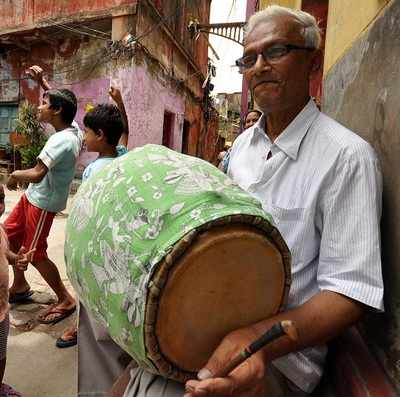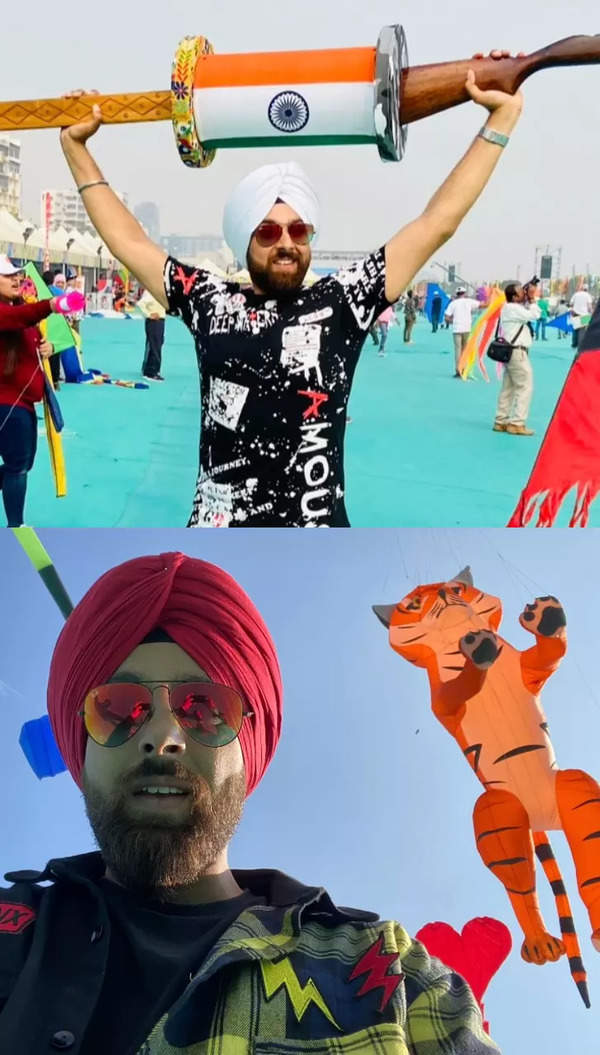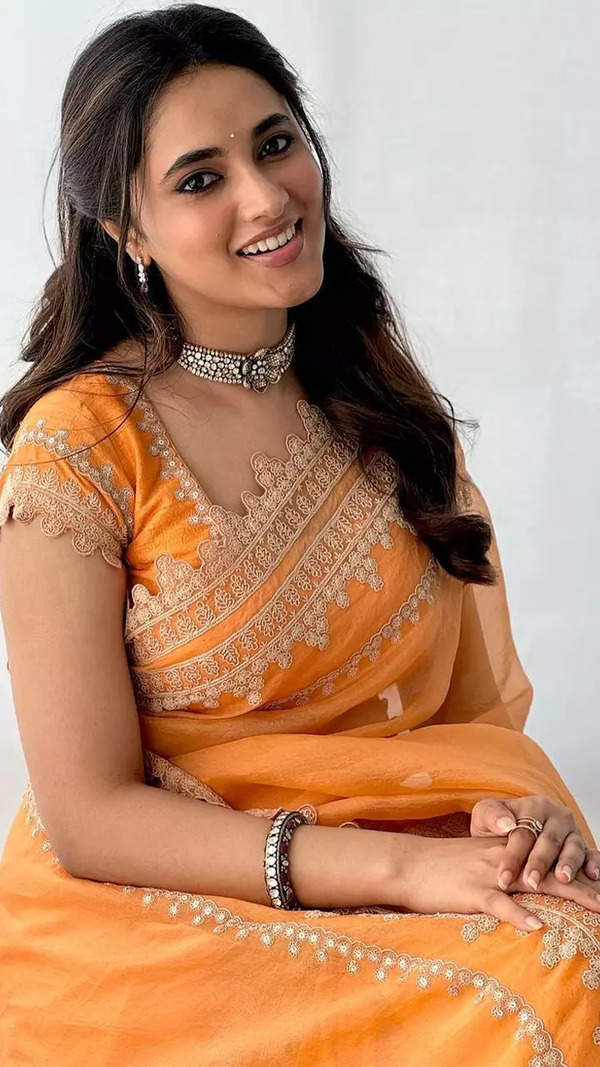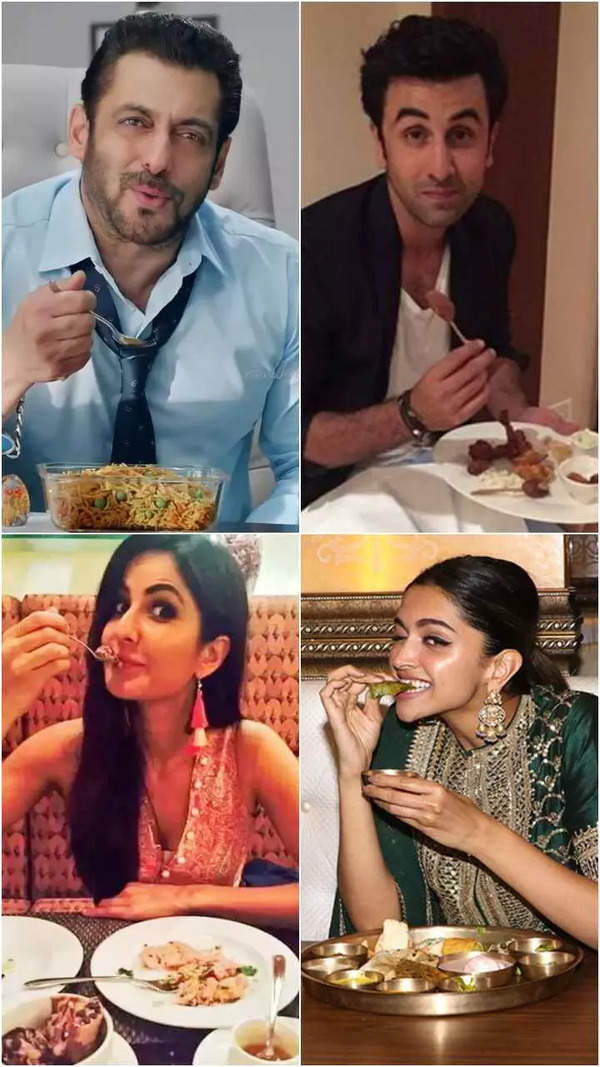- News
- Entertainment News
- Meet the man who played Bagha's dhol in Goopy Gyne Bagha Byne
Trending
This story is from June 21, 2015
Meet the man who played Bagha's dhol in Goopy Gyne Bagha Byne
Subhen Dey, the man who played Bagha's dhol in Goopy Gyne Bagha Byne, made musical history. But the city has turned its back on him, leaving him to an uncertain future.Today , at the age of 73, his only source of livelihood is the money he gets from teaching percussions to three students.

Subhen Dey, the man who played Bagha's dhol in Goopy Gyne Bagha Byne, made musical history. But the city has turned its back on him, leaving him to an uncertain future.Today , at the age of 73, his only source of livelihood is the money he gets from teaching percussions to three students.
Creek Row is bound on all sides by a busy city's frenetic rhythms. There is the vroom of passing vehicles, the clatter of hand-drawn rickshaws, the chatter of a million voices on the move.Then there are the gathering monsoon clouds above, dark and ominous with the booming tempo of thunder and lightning. But in one of the bylanes, the clocks tick in a hushed tone. Here, if the master picks up his drum and plays up a beat, time itself might stand frozen. We are reminded of these legends when we go to meet Subhen Dey at his home one cloudy morning. Subhen who? Okay , here's another introduction. He's the man who played Bagha's dhol in Goopy Gyne Bagha Byne and in turn, made musical history . He's also a musician who's worked with Satyajit Ray , Pankaj Kumar Mullick, Salil Chowdhury, Hemanta Mukhopadhyay and others. But the city has turned its back on him, leaving him to an uncertain future.Today , at the age of 73, his only source of livelihood is the money he gets from teaching percussions to three students. Subhen opens up to us about working with Ray at his one-room residence.The rundown building he stays in once housed Senola, a music company from the '30s.After it shut shop in Bengal, the house was sold away in parts. He managed to acquire a room here. “Manikda had a different way of going about work. He was very quiet and would not even say how important the project was. He would just explain the sequence to us. We'd do our rehear sals, after which he'd say, `let's record'. No one spoke on his floor, not even in hushed whispers. The solo pieces which I played in Goopy Gyne Bagha Byne were well planned. After the first one, Hirak Rajar Deshe was cakewalk,“ he says.

Subhen Dey at his residence

Ray was extremely fond of Subhen and offered him work in other films like Joi Baba Felunath and Sonar Kella. Subhen, in fact, was one among Machli Baba's men on the Benares Ghat in Joi Baba Felunath.“Apart from playing percussions, I was also one of the actors. The ghat was entirely recreated at a city studio. Manikda had asked me to wear dhuti-panjabi and a gandar (marigold) mala. I also played the mouth harp in Sonar Kella. There was no live recording though.“

Subhen was well-acquainted with Bagha aka Robi Ghosh, who picked up the body language of a musician from him. “When I was under a lot of stress, I would often purse my lips. When I saw Bagha do that on screen, I was pleasantly surprised. In the film, his right hand was not shown much as Robida was a little weak when it came to taal. A lively man, Robida was set to direct a film once. I was called to his Kalighat home, where we held several sessions. Though he would have a lot of fun on Manikda's sets, he was a serious man who loved music. But every time he spoke, his humour would come out.“
Subhen went on to work with all the greats like Salil Chowdhury, Pankaj Kr Mullick, Satyajit Ray, Tapan Sinha, Nachiketa Ghosh, Ajay Das, Hemanta Mukhopadhyay , Shaymal Mitra, Sudh in Dasgupta and Kalipada Sen among others. “Every time Salilda came to Kolkata, he would have music sessions at Saptarshi, Golpark. He loved to have fun and knew his musicians well. They would bring with them instruments that they never used, so that Salilda could take a look at them.“
Subhen has several such stories to share.

Subhen Dey (on the dhol) treats Japanese dignitaries to Bengal's music
During the making of Subarno Golok, the golden ball was supposed to roll down the stairs in one sequence. The musicians were breaking their heads over the background score. That's when Subhen suggested the use of timpani. Hemanta Mukhopadhyay , who was composing for the film, entered the room and said, 'Bondho koro shobai. Baku (Subhen) ja korchhe setai hobe'. Another time, he accompanied Kishore Kumar to Chennai. “We were having a nightlong adda before the show and I wondered aloud when the rehearsals would take place. Kishore Kumar said we should just follow his hand movements. `If you see me jumping on stage, you'll know I'm nervous', he said.“
There's another gem of a story Subhen has to share about a whimsical composer-director for a play . “Recording for the stage production was set to begin at 6 pm. We had all gathered before time but the composer, who was also the director of the play , didn't turn up. When he finally arrived at 9 pm, he was clad in a new dhuti-panjabi and brand new slippers.Seeing him, a musician asked, `Is there money for the project to roll?' The directorcomposer had already spent a lot and the project never happened,“ Subhen remembers.Who was the man? Ritwik Ghatak! Among the handful of musicians to have accompanied Uttam Kumar and Suchitra Sen while they sang a duet, Ei mon jochonay, at Mahajati Sadan, Subhen later worked with Rituparno Ghosh. “When assignments became fewer, Ritu remembered me. So did Debajyoti Mishra, who is like a brother. I played rhythm instruments in many of their projects. Even at private addas, I would give Ritu suggestions.He would say, 'Tumi-i toh bolbe. Tomar shei odhikar achhe'. During Chokher Bali, on our way to Pondicherry , Ritu sang several classics, one after the other. He was the last of the musical-minded directors. I still work on and off with Debu."
Subhen, who would get anything between Rs 12-Rs 40 for playing percussions for two songs per record in 1962, received Rs 65 a day for Goopy Gyne Bagha Byne. “There were no savings and I had to get my only daughter married, apart from securing a roof for me to stay beneath. This is the city to which I introduced rhythm instruments like Nepali madol and duggi, among others, but strangely no one remembers that. A lot of my friends are no more and I don't get to hear from those who are still around. If people don't know me, how will I even get students? But I want to work. I don't know how, but I must. Maybe God has kept me alive for that. I can do without a meal, but not music," he tells us.

Para kids dance to Bagha Byne's beats
Unlike Bagha though, Subhen can't get food or clothes by just clapping his hands.Neither can he travel to exotic places by wearing a pair of slippers. But there's something he can do, even without being granted a boon. He can render one motionless when he plays the the dhol. You have to hear him to believe what magic is.
Creek Row is bound on all sides by a busy city's frenetic rhythms. There is the vroom of passing vehicles, the clatter of hand-drawn rickshaws, the chatter of a million voices on the move.Then there are the gathering monsoon clouds above, dark and ominous with the booming tempo of thunder and lightning. But in one of the bylanes, the clocks tick in a hushed tone. Here, if the master picks up his drum and plays up a beat, time itself might stand frozen. We are reminded of these legends when we go to meet Subhen Dey at his home one cloudy morning. Subhen who? Okay , here's another introduction. He's the man who played Bagha's dhol in Goopy Gyne Bagha Byne and in turn, made musical history . He's also a musician who's worked with Satyajit Ray , Pankaj Kumar Mullick, Salil Chowdhury, Hemanta Mukhopadhyay and others. But the city has turned its back on him, leaving him to an uncertain future.Today , at the age of 73, his only source of livelihood is the money he gets from teaching percussions to three students. Subhen opens up to us about working with Ray at his one-room residence.The rundown building he stays in once housed Senola, a music company from the '30s.After it shut shop in Bengal, the house was sold away in parts. He managed to acquire a room here. “Manikda had a different way of going about work. He was very quiet and would not even say how important the project was. He would just explain the sequence to us. We'd do our rehear sals, after which he'd say, `let's record'. No one spoke on his floor, not even in hushed whispers. The solo pieces which I played in Goopy Gyne Bagha Byne were well planned. After the first one, Hirak Rajar Deshe was cakewalk,“ he says.

Subhen Dey at his residence
Coming from a family of musicians, who started out during the time of silent movies, Subhen began stage shows at the age of 16. By then, he was already working with V Balsara. “I remember working in Hiren Nag's Bigalita Karuna Janhabi Jamuna. Back then, we would record in sound vans. Then came the era of single microphones. We musicians would play in front of one mic by coming forward and moving back, adjusting sound in the process. Sound balance was not the recordist's job,“ he recalls. Satyajit Ray, who knew Subhen for long, called him one day to play dhol in a film he was making. The music of Goopy Gyne Bagha Byne was recorded way before he started shooting.

Ray was extremely fond of Subhen and offered him work in other films like Joi Baba Felunath and Sonar Kella. Subhen, in fact, was one among Machli Baba's men on the Benares Ghat in Joi Baba Felunath.“Apart from playing percussions, I was also one of the actors. The ghat was entirely recreated at a city studio. Manikda had asked me to wear dhuti-panjabi and a gandar (marigold) mala. I also played the mouth harp in Sonar Kella. There was no live recording though.“

Subhen was well-acquainted with Bagha aka Robi Ghosh, who picked up the body language of a musician from him. “When I was under a lot of stress, I would often purse my lips. When I saw Bagha do that on screen, I was pleasantly surprised. In the film, his right hand was not shown much as Robida was a little weak when it came to taal. A lively man, Robida was set to direct a film once. I was called to his Kalighat home, where we held several sessions. Though he would have a lot of fun on Manikda's sets, he was a serious man who loved music. But every time he spoke, his humour would come out.“
Subhen went on to work with all the greats like Salil Chowdhury, Pankaj Kr Mullick, Satyajit Ray, Tapan Sinha, Nachiketa Ghosh, Ajay Das, Hemanta Mukhopadhyay , Shaymal Mitra, Sudh in Dasgupta and Kalipada Sen among others. “Every time Salilda came to Kolkata, he would have music sessions at Saptarshi, Golpark. He loved to have fun and knew his musicians well. They would bring with them instruments that they never used, so that Salilda could take a look at them.“
Subhen has several such stories to share.

Subhen Dey (on the dhol) treats Japanese dignitaries to Bengal's music
During the making of Subarno Golok, the golden ball was supposed to roll down the stairs in one sequence. The musicians were breaking their heads over the background score. That's when Subhen suggested the use of timpani. Hemanta Mukhopadhyay , who was composing for the film, entered the room and said, 'Bondho koro shobai. Baku (Subhen) ja korchhe setai hobe'. Another time, he accompanied Kishore Kumar to Chennai. “We were having a nightlong adda before the show and I wondered aloud when the rehearsals would take place. Kishore Kumar said we should just follow his hand movements. `If you see me jumping on stage, you'll know I'm nervous', he said.“
There's another gem of a story Subhen has to share about a whimsical composer-director for a play . “Recording for the stage production was set to begin at 6 pm. We had all gathered before time but the composer, who was also the director of the play , didn't turn up. When he finally arrived at 9 pm, he was clad in a new dhuti-panjabi and brand new slippers.Seeing him, a musician asked, `Is there money for the project to roll?' The directorcomposer had already spent a lot and the project never happened,“ Subhen remembers.Who was the man? Ritwik Ghatak! Among the handful of musicians to have accompanied Uttam Kumar and Suchitra Sen while they sang a duet, Ei mon jochonay, at Mahajati Sadan, Subhen later worked with Rituparno Ghosh. “When assignments became fewer, Ritu remembered me. So did Debajyoti Mishra, who is like a brother. I played rhythm instruments in many of their projects. Even at private addas, I would give Ritu suggestions.He would say, 'Tumi-i toh bolbe. Tomar shei odhikar achhe'. During Chokher Bali, on our way to Pondicherry , Ritu sang several classics, one after the other. He was the last of the musical-minded directors. I still work on and off with Debu."
Subhen, who would get anything between Rs 12-Rs 40 for playing percussions for two songs per record in 1962, received Rs 65 a day for Goopy Gyne Bagha Byne. “There were no savings and I had to get my only daughter married, apart from securing a roof for me to stay beneath. This is the city to which I introduced rhythm instruments like Nepali madol and duggi, among others, but strangely no one remembers that. A lot of my friends are no more and I don't get to hear from those who are still around. If people don't know me, how will I even get students? But I want to work. I don't know how, but I must. Maybe God has kept me alive for that. I can do without a meal, but not music," he tells us.

Para kids dance to Bagha Byne's beats
Unlike Bagha though, Subhen can't get food or clothes by just clapping his hands.Neither can he travel to exotic places by wearing a pair of slippers. But there's something he can do, even without being granted a boon. He can render one motionless when he plays the the dhol. You have to hear him to believe what magic is.
End of Article
FOLLOW US ON SOCIAL MEDIA








